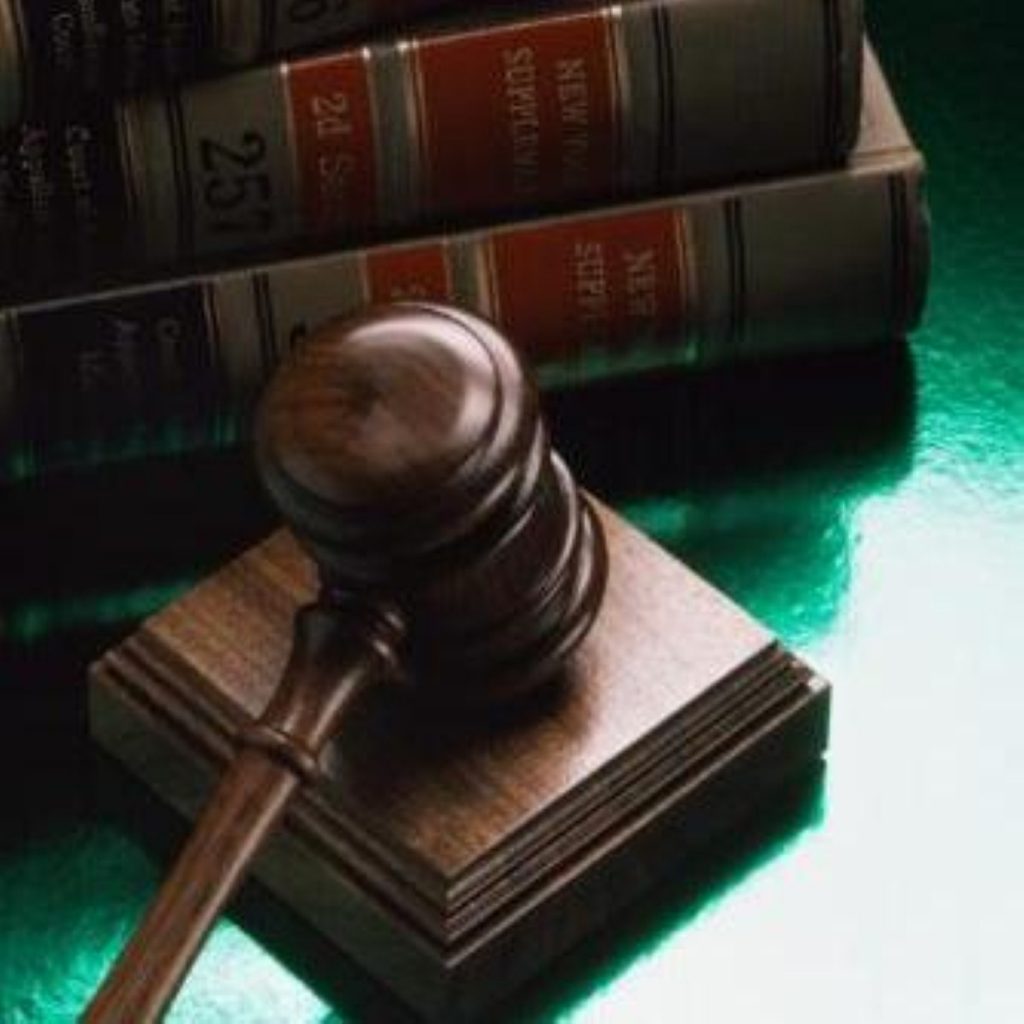Court proceedings could be televised
Television cameras are to be allowed in British courts for the first time this week as part of a five-week trial.
The Government will publish a White Paper this morning detailing its thinking on the advantages and disadvantages of allowing cameras into court rooms.
Currently, television cameras, photography and any sound recordings are banned in British courts – with stiff penalties for those who breach the rules.
Over the next five weeks broadcasters will take part in a pilot project placing television cameras in court rooms – though the pictures recorded will not be broadcast.


The pilot project will feed into the consultation around the White Paper and is designed to assess the feasibility of televising court proceedings.
Announcing the project in August, the Lord Chancellor, Charles Falconer, was at pains to stress that the British legal system would not become “US-style media circuses”.
Lord Falconer added that he was inclined to televise appeals, but was less happy with the idea of criminal trials being televised, which he believed could deter prospective witnesses from giving evidence.
“Our criminal justice system rests on people giving evidence,” he said.
“And no change to make our courts more open and more accessible should worsen or jeopardise in any way witnesses and victims.”
Lord Falconer added at the time that there was “very substantial evidence that if people believe their evidence was going to be televised or might be televised that would reduce the likelihood of their coming forward to give evidence”.
Appeals are heard by a judge or judges without a jury, so there is thought to be less danger of cameras influencing proceedings.

